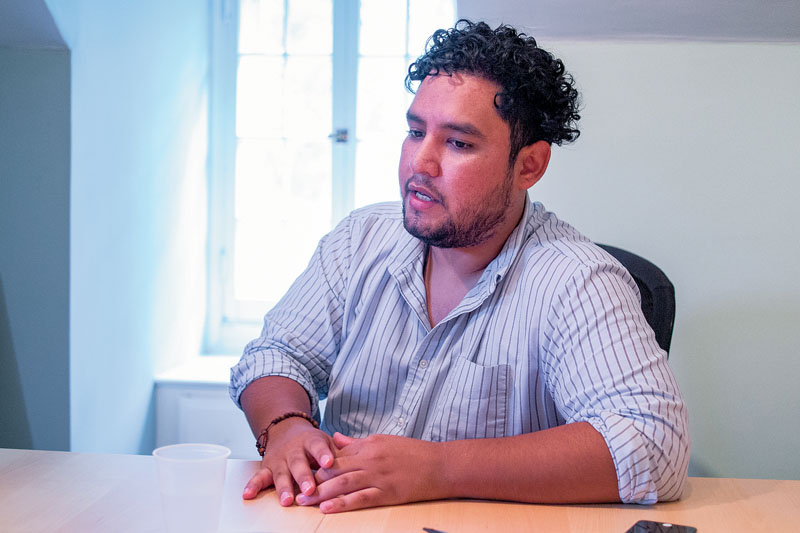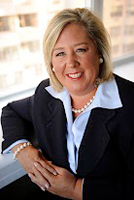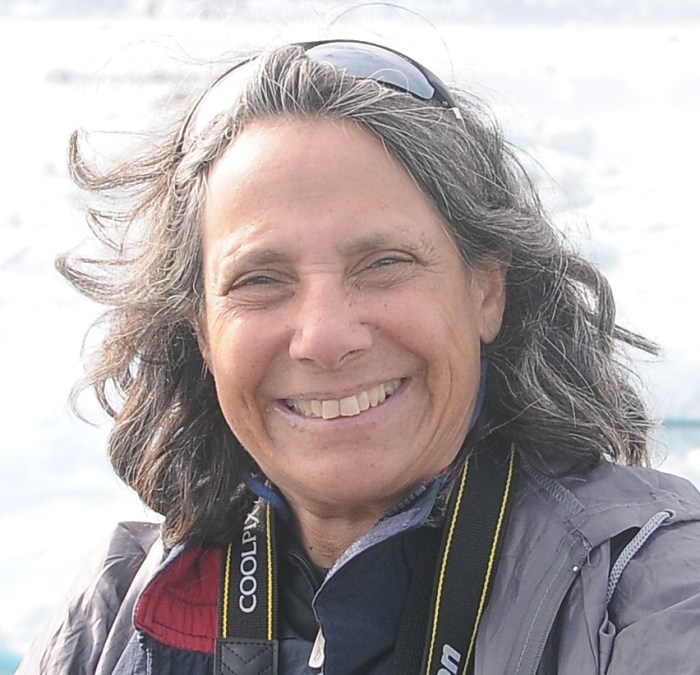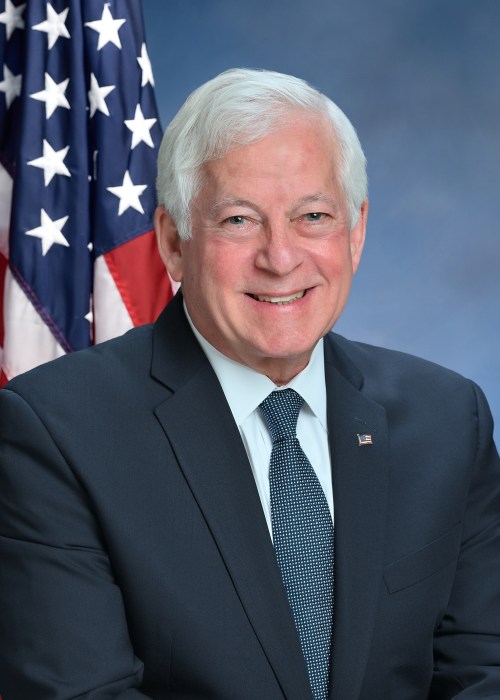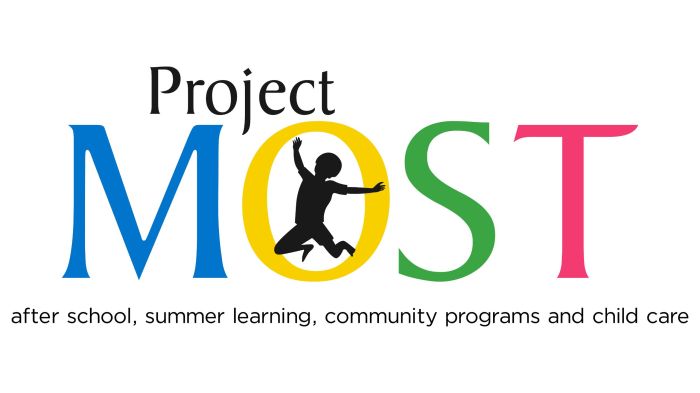
For 27-year-old Angel Reyes, an immigrant from Lima, Peru, shattering stereotypes about Long Island immigrants is part of his daily routine.
It’s been a winding and arduous journey for Reyes, an entrepreneur, as well as a community organizer at Latino Justice, an organization that helps immigrants with issues of litigation and civil rights.
In his work, he often deals with immigrants who have harrowing stories of crossing into the United States, escaping regimes of oppression, and their struggle adjusting to life in a new world.
“For me, it’s a little bit difficult because when I talk to somebody that’s going through deportation, it just brings back memories of whatever happened to my family,” Reyes said.
Reyes first came to the U.S. on a visa on May 25, 2005, at the age of 15. After landing at JFK Airport, his first stop was a Peruvian restaurant for some authentic cuisine.
He stood in awe seeing the realities of New York come to life as he experienced Queens firsthand, reminding him of the classic film Coming to America. He was also dazzled by seeing cars like Lamborghinis, Porches and Ferraris for the first time, previously just an American mythology for the young man.
He also started to acquaint himself with Long Island, reminiscent of the suburbs he watched on the The Wonder Years, moving to Glen Cove where his younger brother Diego and his mother Sandra were staying with her half-sister.
The enterprising mom first traveled to Miami in 2011 to work at Citibank, transferring from her position as an accountant in Lima, Peru. However, she eventually overstayed her visa and moved to New York, where she took odd jobs to support the family.
From 7 a.m. to 7 p.m. on weekdays, she worked as a babysitter. She would get home, cook dinner, eat, then sleep. She woke up at 2 a.m., and prepared for her next job delivering newspapers until 6 a.m., when she’d start the cycle all over again.
Topping it off, she cleaned houses on the weekends, as well. And, in the midst of all this, she found a moment every morning to call Reyes, waking him to get to class on time.
Reyes spoke very little English when he arrived, but quickly learned by paying close attention to conversations, as well as immersing himself in American media like movies and television shows.
It also helped that Reyes had soon found a girlfriend who only spoke English, more incentive to master the language.
“There’s no better way to learn how to speak English than speaking English. I was also not afraid to make mistakes,” Reyes said.
In 2008, Reyes was working at Domino’s Pizza in Wyandanch, but one fateful day, his daily routine was shaken by a chain of events that would starkly alter the course of the 18-year-old’s life.
“That Thursday morning, she didn’t call me,” Reyes said.
A close friend of the family went to Domino’s and told Reyes that his mother had been detained by Immigration and Customs Enforcement (ICE). This led to her being transferred to detention centers around the country for the next six months before being deported back to Peru.
“I couldn’t even talk to my mom on the phone because we didn’t have the money to send her to make calls. She would write, and I would write back, and that was our only way of conversation,” Reyes explained.
Soon after this, Reyes and his then-14-year-old brother started on the path of getting back on their feet.
They went to live with their aunt back in Glen Cove, and Reyes quit school to focus on working full-time to provide for the pair.
But, Reyes did not let his dreams fall by the wayside. He reconnected with his counselor at Glen Cove High School, who helped him get his GED.
He then enrolled at Nassau Community College, but soon faced another fork in the road. He was offered a partnership in a cell phone repair business. While Reyes is a Deferred Action for Childhood Arrivals (DACA) recipient—a program now threatened by a looming lawsuit from 10 state officials—he was still limited in his access to education.
Opting for the entrepreneurial route, he joined a team that started the mobile phone repair business in Queens, in 2014. With growing success, he moved on to start his own business in Times Square the next year.
And, about five months ago, he’s started his business anew in Glen Cove, where he’s since upscaled to working with businesses and schools, equipping their students with the latest technology.
Now, the budding businessman aims to bridge the gap between his advocacy work and his technology skills.
Reyes says he has felt welcome on Long Island, but knows more can be done.
“Just like myself, there are millions of people that go through the same thing, the same challenges.
Being undocumented doesn’t mean being a criminal,” Reyes said. “Laws should be something that help people, not separate people and families.”
Maryann Sinclair Slutsky is the executive director of Long Island WINS. The views expressed in this column are not necessarily those of the publisher or Anton Media Group.



